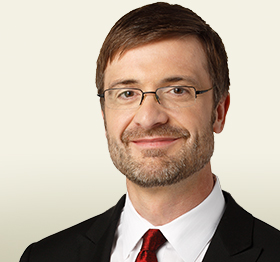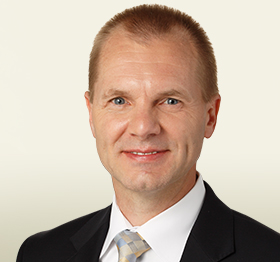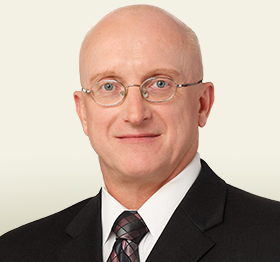Cancer patients and their families are incredibly studious. Hardly a day goes by without a patient showing me an article from the newspaper about a new treatment or development, or a new idea about alternative therapies. Some people take notes during appointments or record the encounter. Some get printouts of their labs and organize them in three-ring binders. A few of my patients even organize their lab data in Excel spreadsheets.
I see people spending hours every week poring over newspapers, web sites, and their own medical records. For some, the process is helpful. For others, it becomes a frustrating compulsion. Despite an abundance of information, many patients (and their families) consistently feel under-informed. Big questions get asked again and again, but don’t always stay answered.
Understanding one’s cancer is an important part of coping. But how to do this isn’t always obvious. While knowledge is a form of power, drowning in information is powerlessness.
Are you processing information productively? Here are a few signs you might be overloaded:
- You have a stack of reading material that keeps getting bigger. After any diagnosis, there’s always a lot of information to process. But if you’re getting further and further behind, you might need to reconsider how things get added to that reading stack.
- You don’t understand much of what you’re reading. It was true in school, and it’s still true: plowing through page after page without understanding is a waste of time.
- You want to “understand everything about your cancer”. It’s hard to get answers when you haven’t articulated the questions. The amount of cancer information available is so huge that no person could hope to read all of it in a lifetime of study. Much of it is minute detail that’s unlikely to be useful to you. A patient with lung cancer, for instance, might wonder what “TTF-1 positive” on his pathology report means, but probably isn’t helped by learning that TTF-1 is a molecule expressed by some cancer cells originating from surfactant-producing epithelium-and apart from helping confirm the diagnosis, it isn’t that important to his doctor either.
- You’re terrified of overlooking something important. New treatments are constantly being tested: first in the lab, then in humans in three different phases of testing. It might seem tempting to read every journal article about every one of these trials. But remember: science always fails many times before it succeeds.Only a minority of treatments in development will prove effective. The ones that do will send shockwaves through the medical community, and are very unusual for you (or your doctor) to overlook.
- You can’t decide what’s reliable. It can take a while to get through the Cancer.gov webpage. Add in a few celebrity cancer books, nutraceutical brochures, and advertisements from agencies that promise miracles (but disclaim “results may not be typical”) and the reading list can get very long, very quickly.
- You’re hoping to predict the future. Statistics can often give reasonably good probabilities, but can’t tell us what will eventually happen. For instance, a breast cancer patient may know that her chances of cure are 80%, but only time will tell if she’s in the 80% group or the 20% group.
Start your search for information with the following questions, and you might be able to avoid information overload:
- Do I trust my doctor? A doctor/patient relationship that doesn’t quickly cement into trust is a problem. Most doctors are caring and qualified, but some of us don’t show it very well. It’s OK to talk your doctor about trust issues (in fact, it’s important you do so). And if you have nagging doubts, it might be best to consider changing providers. Is your diagnosis particularly scary? Starting with a second opinion up front is usually a good idea.
- What is the specific question I need answered?You can’t “learn everything about your cancer”, or usefully track all of your lab results. You CAN find out things like your stage, your chances of cure, and which lab tests your medical team will be tracking (and what they mean).
- Can my medical team help answer my questions? You are not in this alone. Your medical team wants to help you with information, and they can save you time and frustration. Let them help you.
- Is my question answerable? Sometimes the answer is “There’s no way to be sure”. And though no one likes such answers (especially doctors), call uncertainty what it is. Don’t frustrate yourself searching for clues that don’t exist.



